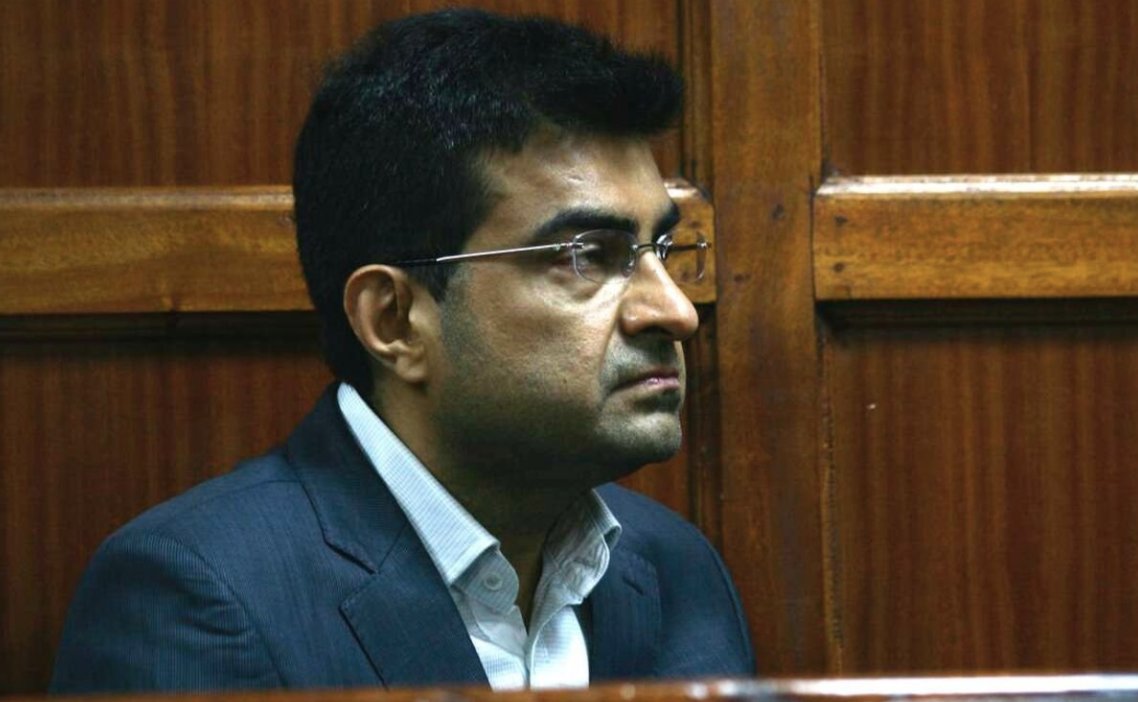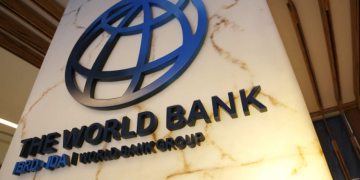- The Daily Brief, by The Kenyan Wall Street
- Posts
- New Tax Laws
New Tax Laws
Your Daily Dose of Financial News
Hello 👋
Here is Brian from The Kenyan Wall Street.
Welcome to today's edition of our daily newsletter…
What's up today...
President Ruto assents tax bills into law

President William Ruto signing a bill
President William Ruto has signed into law, seven bills including the Tax Laws (Amendment) Bill, the Tax Procedures (Amendment) Bill, the Business Laws (Amendment) Bill, and the Kenya Revenue Authority (Amendment) Bill.
Here is a breakdown of these new laws:
The Tax Laws (Amendment) Bill
A 6% SEP tax on multinational firms.
Increase in the deductible interest limit from KSh 300,000 to KSh 360,000 for mortgages.
Locally assembled EVs have also been exempted from excise duty.
Contributions to the Affordable Housing Levy or post-retirement medical funds can now be deducted from payable tax liability to prevent double taxation after amendments to the Income Tax Act.
Tax exemptions for payments of pension benefits from registered funds upon reaching retirement age.
Firms certified by the Nairobi International Finance Centre Authority pay 5% in Capital Gains Tax as opposed to 15%. The qualifications for this lower CGT rate have been reduced from KSh 5 billion to KSh 3 billion in investments.
Alcohol manufacturers to pay excise duty on the 5th day of the following month instead of the 24 hours that strained their operations. Taxes on alcoholic beverages will be based on the strength of alcohol content as opposed to quantity, which would see excise duty on spirits go up and that of beer reduced.
Tax Procedures (Amendment) Bill
The introduction of reverse ticketing - where a buyer would issue a tax invoice to ascertain tax liability.
The reintroduction of import duty on some raw materials to protect local steel manufacturers.
Business Laws (Amendment) Bill
Increased the core capital requirements for banks from KSh 1 billion to KSh 10 billion. Lenders who fail to achieve this requirement will be fined KSh 20 million or three times the financial gain from the breach by the regulator.
The CBK will also have the power to regulate non-deposit taking credit providers to tame a sector that has been a subject of controversy over exploitation.
To allow the Cabinet Secretary overseeing the sector to set the minimum amount investible in a special economic zone. It also permits public entities to conduct business in SEZs and assure investors on 10-year tax incentives.
IMF Deputy Chief on Tax Backlash in Kenya

The IMF building
International Monetary Fund Deputy Managing Director Dr. Nigel Clarke traveled to Kenya on his first overseas trip since joining Fund leadership in October, meeting major stakeholders including President Ruto, Central Bank Dr. Governor Kamau Thugge, Treasury Cabinet Secretary John Mbadi and Treasury Principal Secretary Dr. Chris Kiptoo. On the recent criticism against the multilateral lender, resulting from stringent taxation measures imposed by the Kenyan government, the IMF distanced itself holding that individual country decisions remain within the domain of the authorities. The controversial Finance Bill 2024 containing tax hikes which was fronted to parliament in June, was met with public resentment, ending in deadly protests. Kenya agreed to a 4-year arrangement with the IMF in 2021, subsequently signing up for additional lending to support climate change measures in May 2023, taking its total IMF loan access to $3.6 billion. More details on this visit in this article…
Higher Taxes on building materials weigh down construction industry

A building under construction
A bag of cement in December this year costs about KSh 830 up from KSh 750 in December 2023 amid concerns that limestone and additives used in manufacturing could lose their zero rating status under VAT.
According to a report by the Architectural Association of Kenya (AAK), the 5% tax on coal would increase the cost of cement manufacturing because it is a major source of energy for Clinker production.
The 35% Excise duty on Ceramic tiles and Sanitary Fixtures and levies on steel imports meant to promote local industry will likely limit choice and lead to capacity constraints.
Developers will not only face higher costs in building houses but are likely to postpone construction until prices fall, subsequently leading to possible housing shortages.
“The construction industry in Kenya has experienced a marginal increase in material costs over the past year owing to various factors such as fiscal policies, political instability, and fluctuation of the dollar exchange rate among others. These factors have directly impacted the cost of key construction inputs such as fuel, cement, and steel,” the report said.
The architects’ report also spelt doom for the affordable housing program, which the government is pursuing. The Housing Levy deducted from salaried Kenyans will still be subject to the increased cost of building materials. If subsidies are implemented, the burden for the taxpayer will become heavier.
“Increases in taxes on cement, steel, and finishes make it more difficult to achieve targets of unit cost in affordable housing. Higher costs for the developers will reduce interest in PPP unless offset by tax rebates or subsidies,” the report added.
The report states that the housing units are likely to become more expensive and defy the affordability goal. Moreover, smaller developers might struggle to complete units thus stifle competition in the housing market. When this happens, more robust developers might pursue higher profits with the existing demand for housing - 250,000 homes needed every year.
Kenya's housing deficit stands at over 2 million units. The government reports that more than 90,000 housing units in the Affordable Housing Program are under construction. According to the architects, sourcing local building materials such as bamboo, compressed earth blocks, and insulated concrete foam (ICF) would potentially lower construction costs.
“Additionally, the program's success depends on maintaining a balanced relationship between property prices and income levels to ensure accessibility for target populations,” the report said.
A study by Integrum Construction reveals that constructing a luxurious apartment block in Nairobi costs KSh 77,910 per square metre. A luxurious maisonette would cost you KSh 84,000, and a standard bungalow KSh 48,750. Building costs are also impacted by land and property prices, which have surged by 3.02% in satellite towns and 1.6% in suburbs across Nairobi - according to the latest report by Hass Consult.
Massive population growth and rapid urbanization continue to impact the prices of prime land in many areas. The report proposes for an increased reallocation of public land for housing development and regulate the speculative environment to prevent land prices from heating up developers’ costs.
Stories you may have missed
This Holiday Season, Give Yourself the Gift of Nike Air Max.
This winter, take your footwear game to the next level with Nike's Air Max collection for men. With a diverse range of models, this collection prioritizes comfort and functionality, perfectly tailored to meet your everyday needs. Whether you're hitting the gym or heading out for a casual outing, these sneakers deliver the support you crave without compromising on style.
Find the perfect pair that matches your lifestyle and get ready to make a statement with every step. Treat yourself to a fresh pair from the collection this holiday season—you deserve it.
Video of the Day
In the second episode of ‘Her Leadership’, we sit down with Christine Onyango, Director of Communications and Public Affairs at the Kenya Bankers Association (KBA).
Have a lovely evening and Happy Jamhuri Day!



